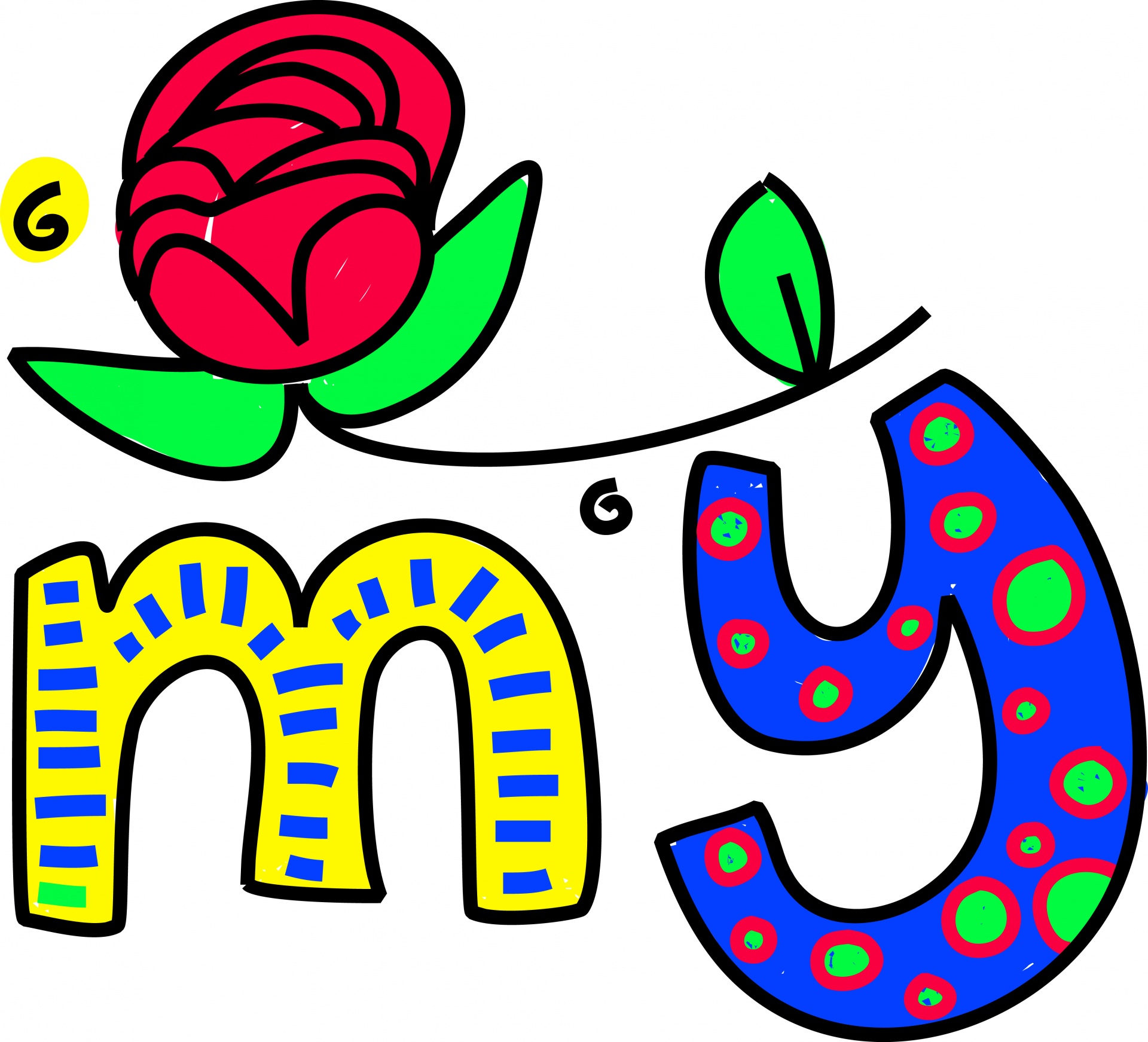**In today’s fast-paced digital landscape, the term "my" holds significant relevance across various contexts.** This article delves deep into the multifaceted meanings and applications of "my," exploring its implications in personal identity, technology, and social media. By understanding the nuances of "my," readers can gain valuable insights into its impact on communication and self-expression in the modern world.
The word "my" serves as a possessive pronoun that conveys ownership, implying a personal connection to the noun it precedes. In various domains, particularly in digital communication, "my" can denote individuality, privacy, and personal branding. This article will not only analyze the linguistic aspects of "my" but also its broader social and cultural implications.
As we navigate through the sections, we will uncover the significance of "my" in different contexts, supported by relevant data and expert opinions. The aim is to provide a comprehensive understanding that is both informative and engaging for readers seeking to explore the depths of this seemingly simple word.
Table of Contents
- Definition of "My"
- Usage in Everyday Language
- The Role of "My" in Technology
- "My" in Social Media Contexts
- Psychological Implications of "My"
- Cultural Significance of "My"
- Statistics on "My" Usage
- Conclusion
Definition of "My"
The term "my" is a possessive pronoun, primarily used to indicate ownership or association. In English grammar, it is a fundamental element that allows speakers to express their personal connections to objects, ideas, and experiences. For instance:
- "My phone is on the table."
- "This is my favorite book."
- "I love my family."
In each of these examples, "my" establishes a relationship between the speaker and the noun, highlighting personal attachment and ownership.
Usage in Everyday Language
In everyday communication, "my" is frequently used in various contexts, including:
- Personal Conversations: It helps individuals express their thoughts and feelings. For example, "My thoughts on this matter are..."
- Professional Settings: In workplace communications, "my" can define roles and responsibilities, such as "My project deadline is next week."
- Creative Expression: Writers and artists often use "my" to convey personal experiences, enhancing relatability in their work.
Examples of "My" in Different Contexts
- In literature: "My heart aches for the lost." - A poetic expression.
- In business: "My strategy for growth includes..." - Outlining personal business goals.
- In daily life: "My dog loves to play fetch." - Sharing personal anecdotes.
The Role of "My" in Technology
In the realm of technology, "my" has become increasingly prevalent, particularly in applications and platforms that emphasize personalization. Here are a few examples:
- Mobile Applications: Many apps use "my" to create a personalized user experience, such as "My Music," "My Photos," or "My Profile."
- Social Media: Platforms encourage users to share content related to "my" interests, "my friends," and "my life."
- Cloud Services: Services like Google Drive and iCloud use "my" to designate personal storage areas, e.g., "My Drive."
"My" in Social Media Contexts
Social media has revolutionized the way individuals use "my," often reflecting personal branding and identity. Users frequently share aspects of their lives with phrases like "My Adventures," "My Thoughts," and "My Journey." This trend highlights the importance of personal narratives in connecting with audiences.
Impact of "My" on Personal Branding
In social media marketing, the use of "my" can significantly enhance personal branding. By framing content around personal experiences, individuals and businesses can foster a deeper connection with their audience. For instance:
- Influencers often share "my story" to build authenticity.
- Brands use "my product" to create a sense of ownership among consumers.
Psychological Implications of "My"
The use of "my" can also have psychological implications, reflecting how individuals perceive themselves and their environments. Here are some key points:
- Identity Formation: The frequent use of "my" contributes to a sense of identity and self-worth.
- Ownership and Agency: Claiming something as "my" can enhance feelings of control and responsibility.
- Social Comparison: Sharing "my" experiences can lead to comparisons with others, influencing self-esteem.
Cultural Significance of "My"
In various cultures, the concept of ownership represented by "my" can differ significantly. In collectivist societies, the use of "my" may be less emphasized compared to individualistic cultures, where personal ownership and identity are prioritized. Understanding these cultural nuances is essential for effective communication.
Statistics on "My" Usage
Recent studies have shown increasing trends in the usage of "my" across various platforms:
- According to a survey, 75% of social media posts include personal pronouns like "my."
- In marketing, content that incorporates "my" experiences tends to receive 30% more engagement.
Conclusion
In summary, the term "my" plays a crucial role in both language and digital communication. It signifies personal ownership, fosters connections, and shapes identities in diverse contexts. As we navigate an increasingly digital world, understanding the implications of "my" can enhance our interactions and self-expression.
We encourage you to share your thoughts on this topic in the comments below, engage with this article, and explore more content on our site to deepen your understanding of language and communication.
Call to Action
If you found this article insightful, please consider sharing it with your friends and family. Your engagement helps us create more valuable content. Thank you for reading!
We look forward to seeing you back on our site for more enriching discussions and explorations of language and culture.
You Might Also Like
Oona Gray Seppala: A Rising Star In The World Of EntertainmentKintaro Mori: The Visionary Behind Mori Building Company
Bryan Johnson Weight: Understanding His Health Journey
Discovering Darcy Andrews: The Rising Star Of Portland
Everything You Need To Know About Jellybeans Fans: A Sweet Community
Article Recommendations
- Lake Havasu Baby Dies
- Wolf Cut Short Hair
- White Dove Symbolizes
- Shameless Tv Show Actors
- Peloton Commercial Song
- Ana Paula
- Tiffany Springs Water Park
- Vegamovies Netflix Bollywood
- Vegamovies Netflix Bollywood
- Nancy Pelosi Wedding Pictures

